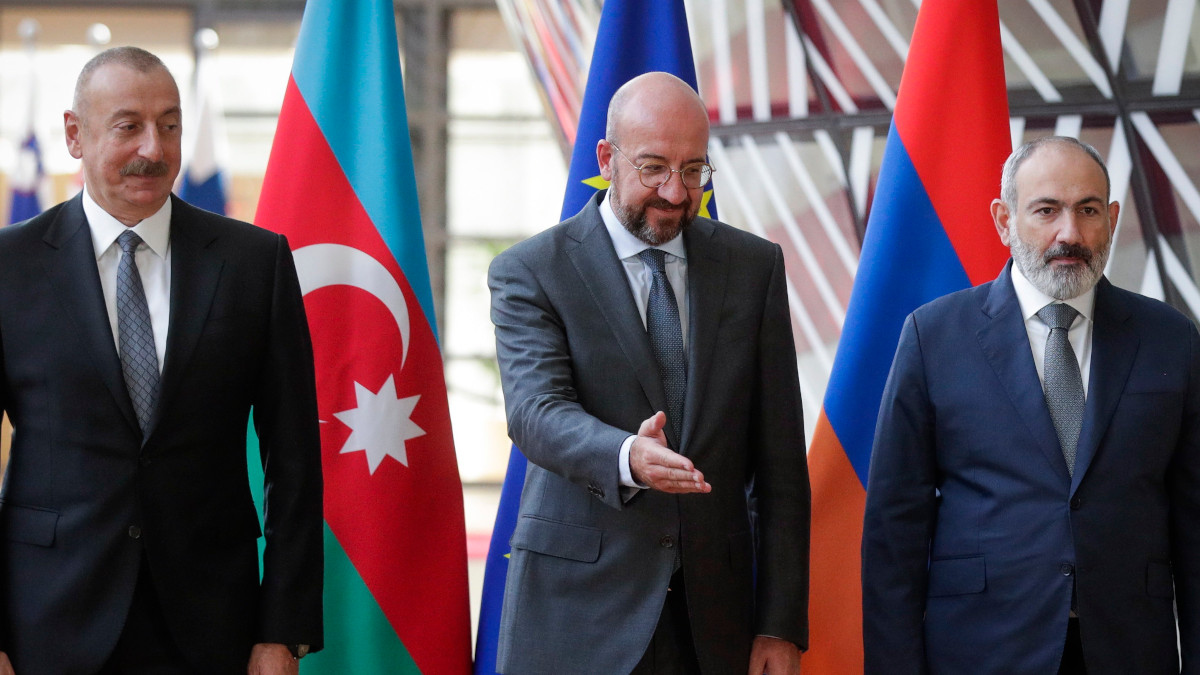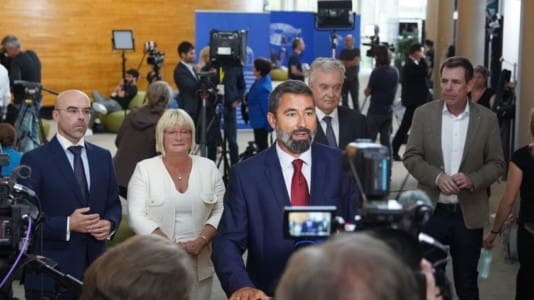The new armed conflict that broke out on Monday between Armenia and Azerbaijan shows the weakening peacekeeping potential of the Russian army, most of which is currently deployed on the Ukrainian front, an analysis by Hungarian news and opinion portal Mandiner says.
The border skirmish that took place in Nagorno-Karabakh on Monday night could have serious political and economic consequences if the parties and the peacemakers of the international community do not succeed in reducing the regional tension.
Russia, as the patron of the 2020 cease-fire, and the European Union, as a recent importer, is already up to its neck in the Caucasian conflict.
The Russian dilemma
The conflict in the Caucasus opens up a second front for Russia, while its energies are tied up by the war in Ukraine. In addition, the Russian army has to deal with a military crisis after the previously announced counterattack of the Ukrainian army unexpectedly broke through the front line in recent days, with the spectacular advance denting the Russian defense lines on the eastern front.
The “six-week” war of 2020 between Armenia and Azerbaijan ended with a cease-fire agreement concluded under Russian auspices, based on which Armenian forces withdrew from the previously occupied territories of the disputed Nagorno-Karabakh. Through the mediation in the Caucasus conflict, the Kremlin demonstrated it retains a dominant influence in the former Soviet republics, and matters can still only be resolved peacefully with Moscow’s approval and intervention.
Russia’s western buffer zone, both from a military-strategic and geo-political perspective, is Ukraine. Due to fears of a NATO expansion and the strengthening of American influence there, the Kremlin intervened because it could not allow itself to lose this sphere of influence.
The Russians’ southern buffer zone is the Caucasus and the three former Soviet member republics there: Georgia, Armenia, and Azerbaijan. Russian peacekeepers have been guaranteeing a cease-fire since November 2020, but the new armed conflict, during which half a hundred soldiers died on both sides, demonstrated the fragility of peace.
The Turkish military openly supported the Azeris, considering them “brothers” due to their origin and common religion, Islam, while the Russians favored the territorial status quo of the Armenians due to their historical and religious (Christian) ties.
The fate of Ukraine is a matter of prestige for Moscow: Vladimir Putin cannot lose the war because it would have unforeseen consequences both for his country and his own personal fate. If, on the other hand, it takes its hands off its area of interest in the south — being unwilling or unable to send more Russian peacekeepers to Nagorno-Karabakh — it will be a clear sign that Russia is not able to stabilize its position on more than one front at the same time.






